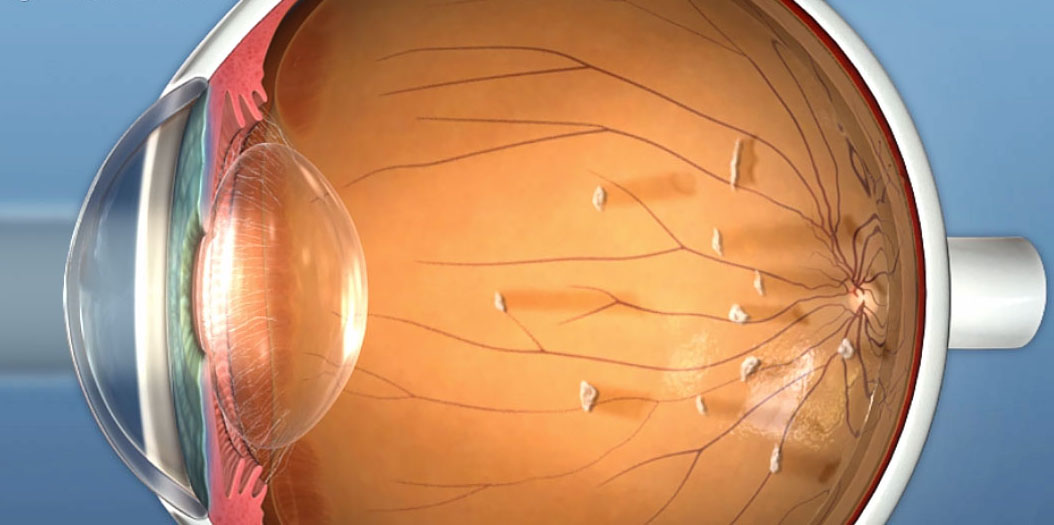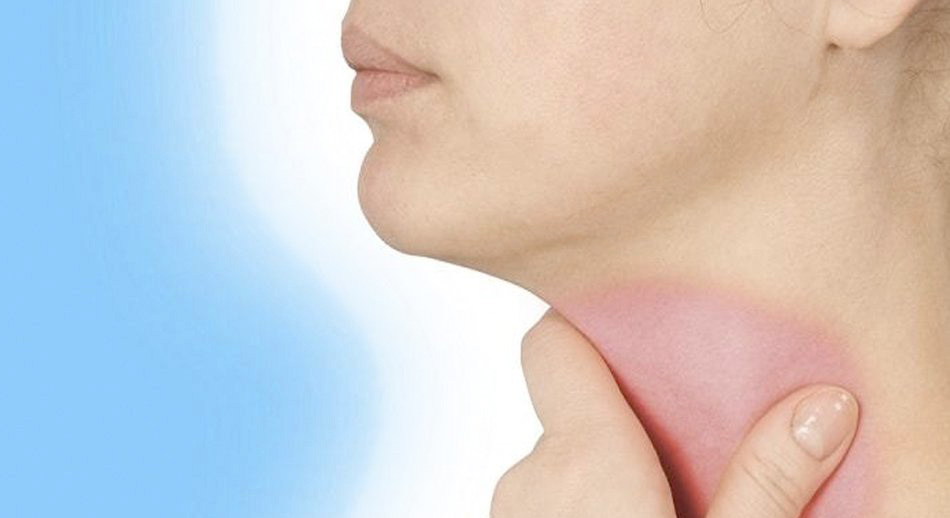Table of Contents
What Is High Cholesterol?
Cholesterol is a glassy substance found in your blood cells. To build a healthy blood cell, your body will need symptoms of high cholesterol. But if your body has high cholesterol levels, it can increase the risk of heart disease. You can develop greasy deposits in your blood veins by consuming high cholesterol. Ultimately, these deposits will grow and make it difficult for enough blood to flow within your arteries.
Those fatty deposits can break quickly and form into a clot. The terrifying thing is the clot can cause a heart attack or stroke. You can inherit the high cholesterol, but the process of inheritance is to take off unhealthy lifestyle choices. And these will make it preventable and treatable. There are so many ways like a healthy diet, regular exercise, etc. And also you can reduce the high cholesterol by medication.
The high cholesterol levels do not usually cause any noticeable symptoms. As a result, several people are often not conscious about the fact that they have high cholesterol. But when a test shows a bad result, they scare and don’t know what they should do. When you panic after knowing that you have a high cholesterol level, this can affect your body. The high cholesterol level can have some harmful effects on the body, but you can take some necessary steps to lower the effects. However, In some cases, experts may also prescribe medications. Keep reading this article to learn about the Symptoms of High Cholesterol and the causes and treatment.
What is symptoms of high cholesterol
Cholesterol is a slippery and fat-like substance, plays a vital role in forming cell membranes, vitamin D, and certain hormones. Cholesterol doesn’t melt in water, so it can’t move within the body by itself. You won’t be able to find any Symptoms of High Cholesterol. Whenever you eat something, your liver produces cholesterol. There are some particles like lipoproteins, help to transport cholesterol through the bloodstream. There are two significant forms of lipoproteins. Such as:
- Low-density Lipoproteins (LDL): Low-density Lipoproteins are lousy cholesterol because they can build up in the arteries and lead to serious health problems, like a heart attack or stroke. So, these are bad cholesterol.
- High-density lipoproteins (HDL): According to doctors, High-density lipoproteins are good cholesterol. Because they can help to return the LDL cholesterol to the liver for elimination.
The main reason for high cholesterol is eating too many foods containing high amounts of fat. Because the fats will increase the LDL cholesterol level in your blood cells, this process is high cholesterol. You can also call this hypercholesterolemia or hyperlipidemia.
If the LDL cholesterol is too high, or the HDL cholesterol becomes too low, the deposits have already built up in your blood vessels. As a result, these deposits will make it difficult for enough blood to flow through your arteries. Your body can cause several problems throughout your body because of that fatty deposits. Mainly the attack will be in your heart, brain, and it can be fatal.
What are the Symptoms of High Cholesterol
High cholesterol typically doesn’t produce any symptoms. In most cases, it causes some horrible emergency events. For example, heart attack or stroke can result from the damage which is caused by high cholesterol. These emergency events usually don’t happen until high cholesterol leads to the generation of plaque in your arteries. So, it is difficult to get the Symptoms of High Cholesterol. Plaques are able to narrow the arteries so that less blood can pass through the blood cells. The structure of plaque can change the layout of your arterial facing. So, it can lead to serious difficulties.
If you want to know whether your cholesterol is too high or not, then a blood test is the single way to identify. Having a whole blood cholesterol level above 240 milligrams per deciliter (mg/dL) is the same as high cholesterol. You can request your doctor to provide you a cholesterol test after you become over 20 years old. Then collect your cholesterol rechecked every 4 to 6 years. If your family has a past of high cholesterol, then your doctor may also suggest you for having your cholesterol checked more frequently. Or if you have the following risk factors:
- Have high blood pressure
- Overweight
- Smoking Addiction
Diagnosis
High cholesterol is super easy to analyze with just a blood test. Doctors call this test a lipid panel. Your doctor will need a sample of blood, and they will send it to a laboratory for analysis. Symptoms of High Cholesterol are still unknown to the experts. The doctor can also order you not to eat or drink anything for at least 12 hours prior to the test.
The test measures your total cholesterol level. According to The CDC, the following levels are the acceptable levels:
- LDL cholesterol: less than 100 mg/dL
- HDL cholesterol: 60 mg/dL or higher
- triglycerides: less than 150 mg/dL]
Your body’s whole cholesterol level is usually considered “borderline high” if it’s between 200 and 239 mg/dL. And it is considered to be “high” if the level is above 240 mg/dL. Your body’s LDL cholesterol is generally considered “borderline high” if it’s between 130 and 159 mg/dL. It’s considered “high” if it’s above 160 mg/dL. Your HDL cholesterol is generally considered “poor” if it’s below 40 mg/dL.
Risk factors
There are some risk factors increasing your risk of bad cholesterol level. These are:
- Poor Diet Control: If you eat saturated fat, which is available in animal products, trans fats, and also found in some commercially baked cookies and crackers and microwave popcorn, it can increase your cholesterol level to the sky. There are some foods available containing a high amount of fat in cholesterol. For example, red meat or full-fat dairy products will also increase your cholesterol level.
- Obesity. If you have a body mass index (BMI) score of 30 or greater, it will put you at high cholesterol. To decrease the chances of obesity, always try to exercise more and more. Don’t just sit down in the office. Do some exercise after each half an hour.
- Lack of exercise. Daily exercise will help you boost your body’s HDL, known as “good” cholesterol while expanding the volume of the particles that make up your LDL, or “bad” cholesterol, which makes it less harmful.
- Smoking. The addiction to cigarette smoking will damage the walls of your blood vessels. So, it will make the blood vessels more predisposed to accumulate fatty deposits. Smoking will also lower your level of HDL or good cholesterol.
- Age. Because your body’s chemistry switches as you get older, your risk of high cholesterol will rise. For example, as you age, your liver loses strength and doesn’t able to remove the LDL cholesterol.
- Diabetes. Those who have diabetics should always check-up their body regularly. Because high blood sugar contributes to higher levels of terrible cholesterol. It is known as very-low-density lipoprotein (VLDL), and it can lower HDL cholesterol. High blood sugar can also damages the lining of your arteries.
Natural Remedies for High Cholesterol
Natural treatments for heart controls cholesterol levels by increasing your heart health and lowering blood pressure. The Symptoms of High Cholesterol are still unknown. Only a few natural products have enough research to prove that they can decrease cholesterol naturally.
Many people have gained some success with natural treatments. So, you can have some supplements. Because these are natural and helpful for your body.
To prevent any side effects, make an appointment with a doctor to identify if these treatments are safe for you or not. The elements in some solutions can have harmful side effects.
-
Astragalus
Many people use Astragalus to support the immune system. In classical Chinese medicine, this is a must. Many bacterial and anti-burning features are present in this natural herb. Some people call this an “adaptogen.” The meaning is it is believed to protect the body from many mental stresses.
Many experts suggest that this herb has some benefits for your heart. However, this herb needs more research to learn how it may affect your overall heart health.
-
Hawthorn
Hawthorn is related to the rose. Its seeds, leaves, and flowers are useful for heart problems since the Roman Empire.
Some researchers have found the plant to be an efficient remedy for milder forms of heart failure. But, study results are conflicting with Trusted Source, warns the NCCIH. However, there is not enough scientific evidence to understand if hawthorn is effective for heart problems or not. Also, hawthorn can have negative interplays with many prescript medications and other herbs.
-
Fish oil supplements with omega-3 fatty acids
You can found omega-3 fatty acids in fish and fish oils. For instance, salmon, tuna, lake trout, herring, sardines, and other fatty fish are very rich sources of omega 3. Specialists believe that omega-3 fatty acids in fish can help to reduce the risk of getting heart disease. Also, other nutrients in fish will help you protect your heart. Having one or two servings of fatty fish in a week may lower the chances of having a heart attack.
Those who have heart disease may also get benefit from taking omega-3 fatty acids. Also, you can take other foods containing fatty acids like walnuts, canola oil, and soybeans are good sources.
-
Red yeast rice
Red yeast rice is popular Chinese medicine and cooking ingredient. This special rice is made from culturing red rice with yeast. Red yeast rice products contain valuable monacolin K. This essence may help lower the Trusted Source of your blood cholesterol levels.
Where other red yeast rice products don’t contain monacolin K. Some also contain contaminant citrinin. Your kidney can fail after consuming this. There is no space for you to know which products contain monacolin K or citrinin in many situations. Therefore, it’s difficult to tell which products will be useful or harmless.
-
Garlic
Garlic is a safe bulb, useful for cooking ingredients and medicine for thousands of years. You can eat raw garlic or cooked. This has also a supplement form, as a capsule or tablet.
Many reports advise that garlic can help lower your blood pressure and slow the process of atherosclerosis.
However, as with many treatments, studies have produced mixed results from trusted sources. Like, some researchers found that taking garlic for 1 to 3 months will lower blood cholesterol levels.
Frequently Asked Questions (FAQs)
What should I do if my cholesterol is high?
Reduce eating saturated fats because saturated fats will raise your total cholesterol level. Also, always try to exercise regularly.
How can I check my cholesterol at home?
You can check your cholesterol at home by buying a testing machine. The operating process is very easy. Cut your finger with the lancet and place the blood droplet on the test strip. Then you will see the result on the screen.
Does drinking water reduce cholesterol?
If you drink plenty of water, it can improve your metabolic rate, helping you lose weight. So, yes, drinking water may help you slightly.
When to see a doctor?
As per the medical guidelines, the first testing for cholesterol levels should be done during the age of 5-11. After that, the testing should be repeated after every 5 years. The doctor will then guide you on further steps to be taken as per your reports.
Our Verdict of symptoms of high cholesterol
Cholesterol is a glassy essence found in your blood vessels. To build a healthy blood cell, your body will need cholesterol. But if your body has high cholesterol levels, it can increase the risk of heart disease. To prevent the problem, you have to control the cholesterol level. So, we hope that you are now acknowledged the Symptoms of High Cholesterol.




